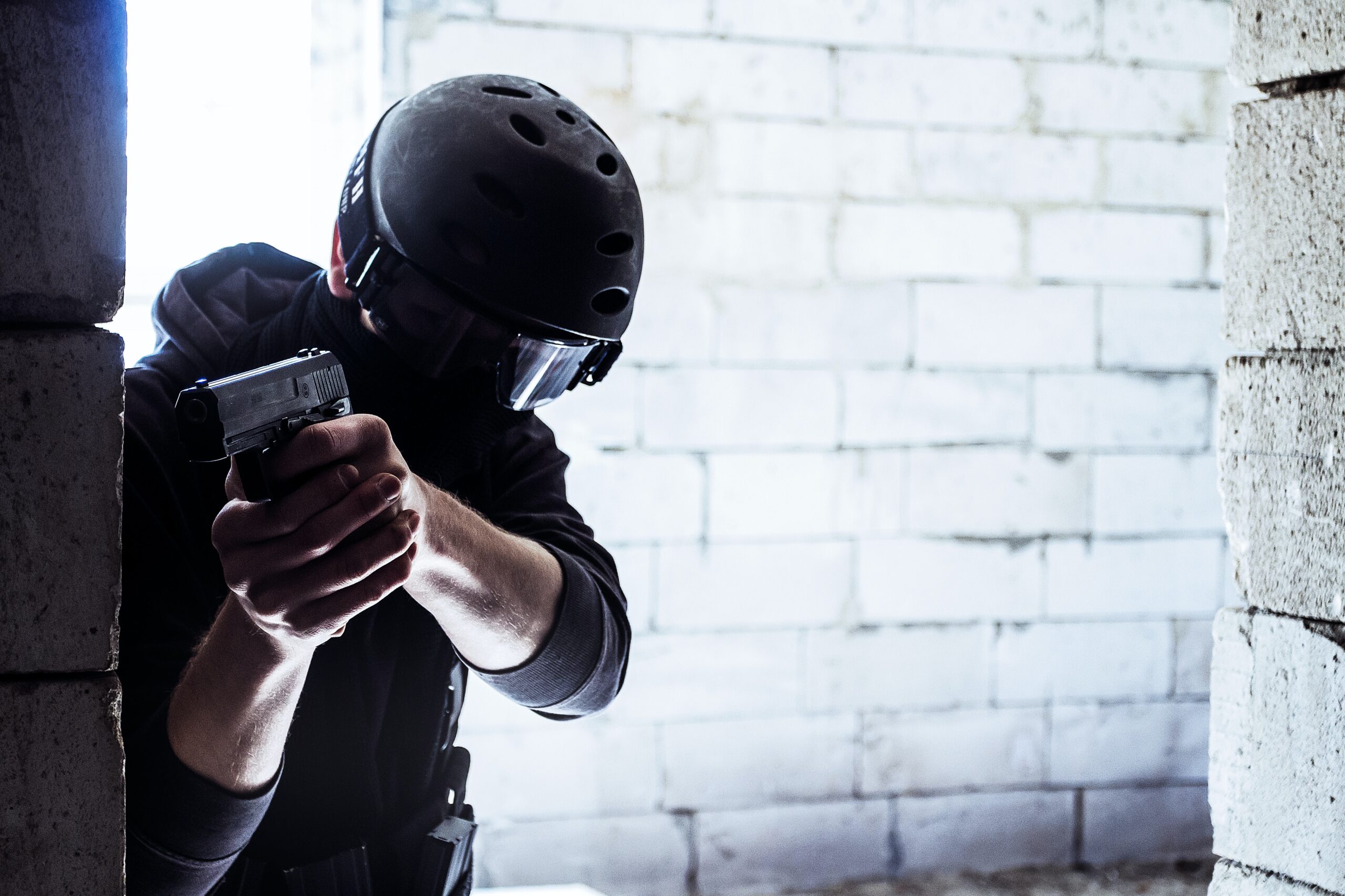Bulletproof helmets are an important piece of personal protective equipment (PPE) designed to protect the head from the impact of bullets or other projectiles. They are typically used by military and law enforcement personnel in high-risk situations, but are also becoming increasingly popular among civilians in areas with high levels of violent crime.
Choosing the right bulletproof helmet supplier is essential in ensuring that you get the highest quality product that meets your specific needs. In this article, we will explore the various types of bulletproof helmets, materials used in their construction, and factors to consider when choosing a supplier.
Types of Bulletproof Helmets
There are several different types of bulletproof helmets on the market, each with their own unique design and features. The most common types of bulletproof helmets include:
- Ballistic helmets: These helmets are designed to stop high-velocity rounds fired from rifles and other long-range weapons. They are typically made from composite materials such as Kevlar or aramid fibers, and may also include additional layers of ceramic or other materials for added protection.
- Tactical helmets: These helmets are designed for use in high-risk law enforcement situations, and typically feature additional accessories such as night vision goggles, communication devices, and mounting systems for accessories such as flashlights and cameras.
- Riot helmets: These helmets are designed to protect against impacts from blunt objects such as rocks, bricks, and batons, and may also include a face shield for protection against chemical agents.
- Motorcycle helmets: While not specifically designed for bulletproofing, some motorcycle helmets may feature additional layers of ballistic material for added protection against impacts.
Materials Used in Bulletproof Helmets
The effectiveness of a bulletproof helmet is largely determined by the materials used in its construction. The most common materials used in bulletproof helmets include:
- Kevlar: Kevlar is a synthetic fiber material that is widely used in bulletproof vests and helmets. It is lightweight, flexible, and can be molded into a variety of shapes, making it an ideal material for helmets.
- Aramid fibers: Aramid fibers are similar to Kevlar, but are typically more heat-resistant and have higher tensile strength. They are commonly used in ballistic helmets for military and law enforcement applications.
- Ceramic: Ceramic materials such as alumina and boron carbide are often used as an additional layer in ballistic helmets. They are extremely hard and can help to stop high-velocity rounds.
- Steel: While less common than other materials, some bulletproof helmets may be constructed using steel plates for added protection.
Factors to Consider When Choosing a Bulletproof Helmet Supplier
When choosing a bulletproof helmet supplier, there are several factors that should be taken into consideration to ensure that you get the highest quality product that meets your specific needs. These factors include:
- Quality: The quality of the helmet is of utmost importance, and should be the primary consideration when choosing a supplier. Look for a supplier that uses high-quality materials and has a proven track record of producing reliable and effective helmets.
- Certifications: Look for a supplier that has obtained relevant certifications such as National Institute of Justice (NIJ) certification, which indicates that the helmet has been tested and meets specific ballistic protection standards.
- Customization: Depending on your specific needs, you may require a customized helmet. Look for a supplier that offers a wide range of customization options, including different sizes, colors, and accessories.
- Price: While cost should not be the primary consideration when choosing a supplier, it is still an important factor to take into account. Look for a supplier that offers competitive pricing without sacrificing quality.
How to Use a Bulletproof Helmet
Using a bulletproof helmet is fairly straightforward, but it is important to follow proper procedures to ensure maximum effectiveness.


